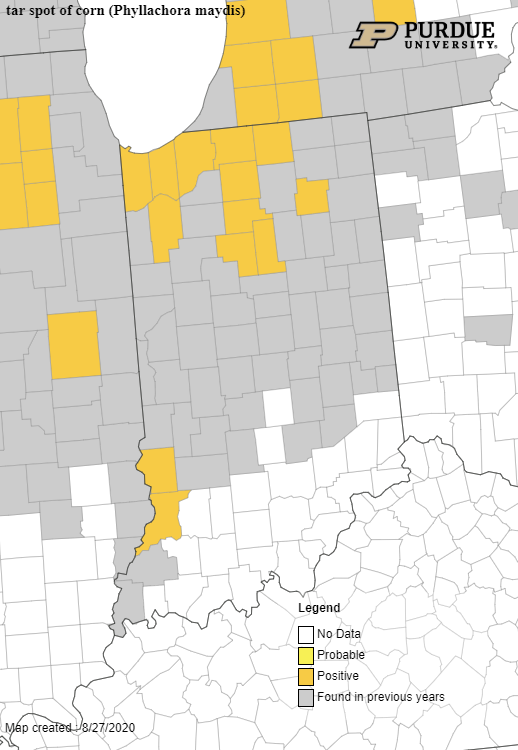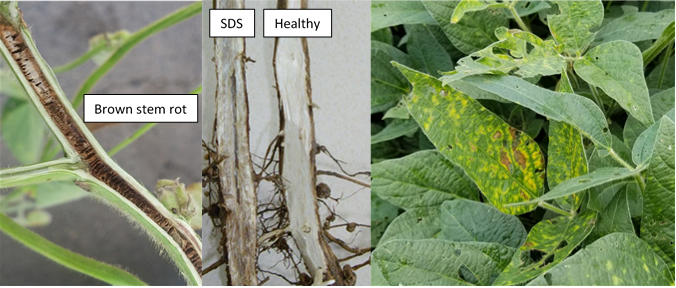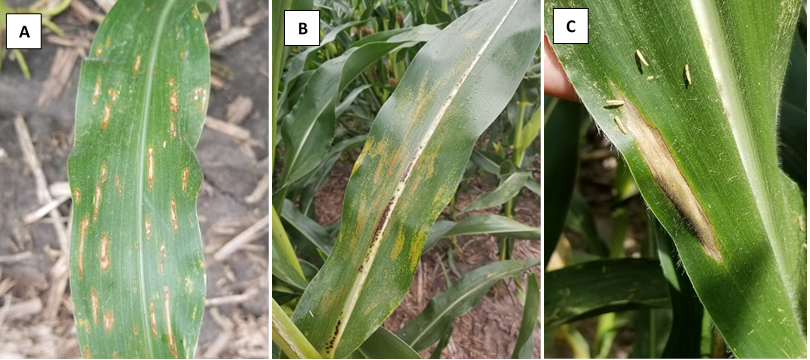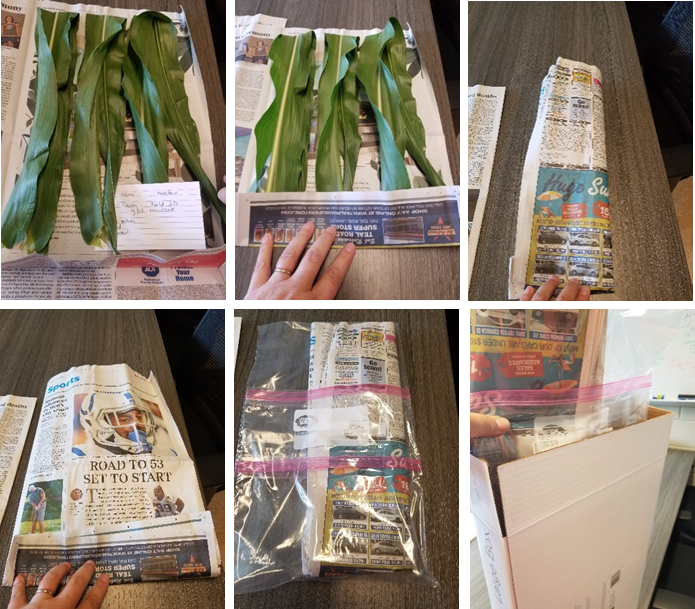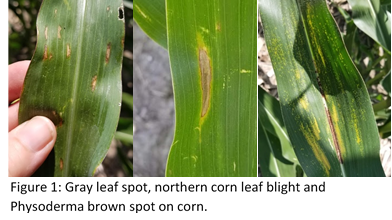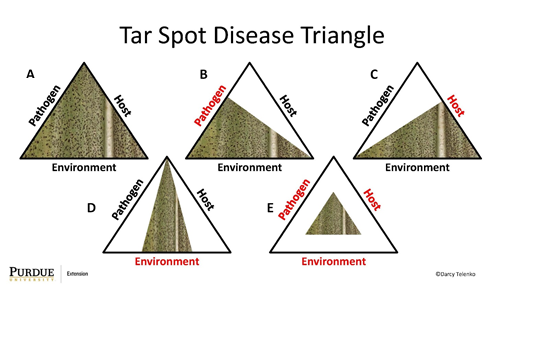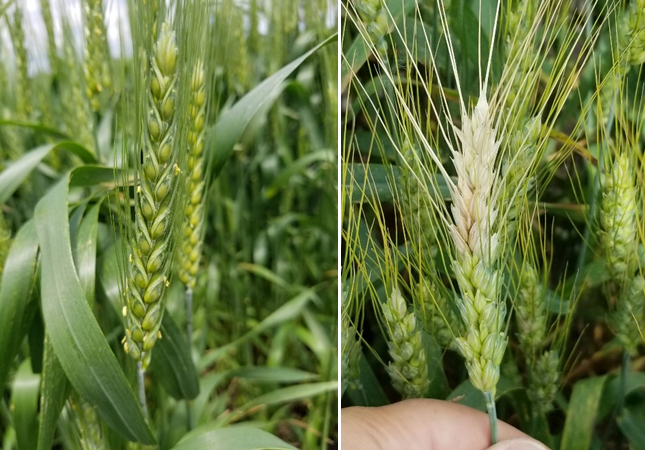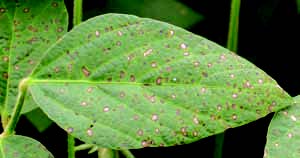
Frogeye leaf spot (FLS) is becoming a serious threat to soybean production in Indiana and surrounding states. Traditionally a southern disease, it can cause yield loss up to 60%. In recently years, FLS severity has been on the rise in the North Central region. It caused estimated yield loss worth $51 million in Indiana and $428 million in the North Central region in 2018. FLS infection can occur at any stage of soybean development, but most often occurs after flowering. Initial symptoms are small, dark spots, which will eventually enlarge to a diameter of up to about ¼ inch. The centers of the lesions become gray to brown and have a reddish-purple margin. Stems and pods can also be affected later in the season. Symptoms on stems are long narrow dark lesions with flattened centers. Pod lesions will be circular to elongate, slightly sunken and reddish-brown. Seed symptoms will appear[Read More…]



